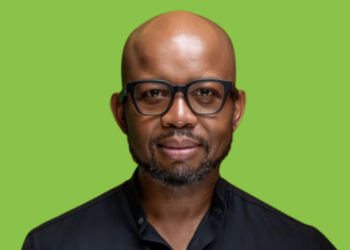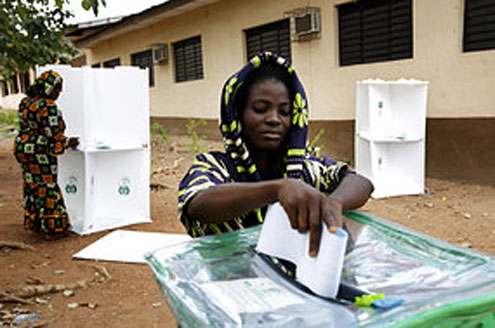The Lagos Water Corporation requires N689.5 billion ($3.5 billion) to execute the state water master plan that would take the state from its current 210 million gallons per day to 745 million gallons by 2020. Lagos, the commercial nerve-centre of the country, cannot solely undertake the project as it will require two and half years to fund with every naira inflow going into the water sector only, says Shayo Holloway, the Managing Director of the corporation.
He said: “That is why the state seeks to partner with the private sector to accelerate the development of water infrastructure with private capital to make water available.
“Such investments are recoverable over a negotiated concession period of 20 to 30 years, depending on the size of investment and financial model,” he said.
According to him, the long concession period will make water tariff affordable to the public.
Holloway said that the corporation was putting measures in place to address the concerns of water affordability by some vulnerable segment of the society.
He said that the Lagos State Public Procurement Agency, Office of Public Private Partnership (PPP), Lagos State Water Regulatory Agency and Lagos State Ministry of Justice were involved in the process.
The managing director said that the involvement of the agencies was to ensure transparency, ensure value for money, protect investors and the public, as well as ensure equity and fairness.
He said, however, that the state government had started the implementation of the master plan with the ongoing construction of Adiyan Phases two.
Holloway said that when completed in 2016, the project would add 70 million gallons of water daily to the state.
According to him, the state government has also completed the Otta-Ikosi water works to serve 11 towns in Ikorodu and Epe areas.
The managing director explained that the state water master plan provided for the construction of large schemes that would utilise water from rivers and lagoons.
He said that the plan aimed to address current water deficit of 330 millon gallons per day, by raising output to 733 million gallons of water daily.
A few Lagosians aired their mind on the state government’s plan to privatize water in the state, saying the move is a good one while others felt otherwise, insisting that the budget is highly ridiculous, blaming pass administrations of neglecting distribution of good drinking water in the state.
Biodun from Ikorodu said – “Clean, safe drinking water is scarce. Today, millions of Lagosians don’t have access to good drinkable water. While it’s a good idea, the budget to actualize this is ridiculous.”
Our correspondent further asked him if the Lagos State water Corporation supplies water where he lives, Biodun was quick to say no. “I cant remember when I saw government water in my home, I buy water to do almost everything.”
Emmanuel who lives in Ikeja said, “Due to the inability of the state government to provide access to good water, many people have decided to shun the government, after waiting tirelessly. People now dredge their own water (bore hole) and I can tell you thats what many house owners do and that’s what we rely on in my neighborhood. Lagos Water Corporation is dead in my area”
Angela from Makoko said, “We pay too much to drink from little plastic bottles, there are places in Lagos state where people buy water to bath, wash plates and clothes. So you can rule that out, we need water even if they want to spend N300 billion let them spend, in as much as the budget will not be another scam. Government does not supply us water, she said.”
Wale who lives in Okokomiako said, “If at this time of civilization, in the 21st century, we are still talking about not getting access to portable water in Nigeria, its a very big shame. Politician still come out with such in their portfolio, saying they will give us water, it is very annoying, water is something that we should not be lacking with the kind of money this country has, it a shame.”
Uche from Satellite Town said, “Water is the foundation of life. And still today, all around the world, far too many people spend their entire day searching for it. Time lost gathering water and suffering from water-borne diseases is limiting people’s true potential.”
“The government should go ahead with the project and ensure the completion and distribution as promised.”
Holloway said that the concession arrangement adopted by the corporation would not result in outright privatization, adding that there was no plan to sell the state’s water assets.
A blogger on Naijanewsrave.com said, “According to the World Bank, in 2010 water production facilities in Nigeria were “rarely operated to capacity due to broken down equipment, or lack of power or fuel for pumping.” The operating cost of water agencies is increased by the need to rely on diesel generators or even having to build their own power plants, since power supply is erratic.”
“Equipment and pipes are poorly maintained, leading to intermittent supply and high levels of non-revenue water . As of 2000, about 80% of all government-owned water systems in small towns were non-operational. He further said the move is a good one and is highly welcome.”



















